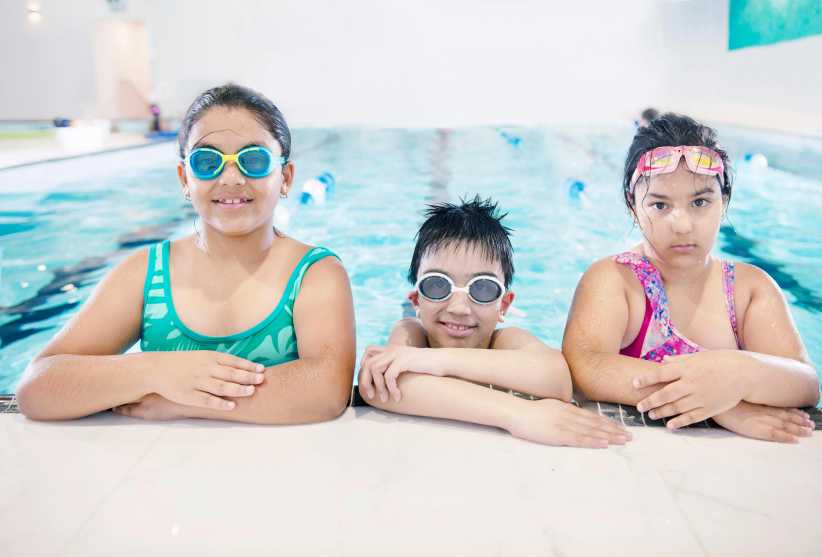Vacations, by definition, are periods of time when “relaxation,” “flexibility,” and “carefree” are the norm. For people with autism spectrum disorder, though, these three words, along with their states of mind, can sometimes become extremely overwhelming. (For purposes of clarity, the word vacation will be used to name summer or other seasonal trips, days off from school or work, extended holidays, and any other time away from the typical school or work day.) Most of us may have the social and behavioral adjustment meter already in check at a moment’s notice, but people with autism need preparation and planning in order to transition from on-the-go to downtime.
Just like everything else in their lives, people with autism act more socially appropriate when they have concrete and tangible evidence of the beginning and ending of events. They crave knowing what is actually going to happen during situational blocks of time.
During vacations, most people are put off by schedules, time limits, and strict planning. But for people with autism, who live and love routines and schedules, vacation time should continue to be consistent. Activities may change and settings will be special and unique.
An activity schedule is a tool used to enhance the building of hobbies, time on task, routine following, leisure skills, calendar and clock awareness, self-soothing, independence, conversation skills, and flexibility. An activity schedule can have pictures with text and can be unique to one’s own style and comfort level. An activity schedule is to be enjoyed and desired, so keep that in mind when you design it.
An activity schedule can and should grow and change throughout one’s lifespan. Hobbies may change. Items and activities will mature. All people get bored and tired of the same old things, even people with autism. If one is going to use actual photographs of the target individual in the schedule, then attention needs to be paid to the aging process. A man wants to see himself as a man, not a little boy. A woman wants to see herself as a woman, not a little girl. This detail builds upon identity, self-esteem, and self-reliance. It will trigger a sense of pride.
The purpose of an activity schedule is to organize and structure allotments of time for the person with autism. The support circles for these individuals need to imagine periods of time that are unstructured. These are the times when an activity schedule would be most useful.
Imagine, everyone in your family is lollygagging on the beach. Most can entertain themselves easily without anxiety or failure. You can all lay back and have your minds drift off. You can easily imagine, dream, and sleep. You prepare yourselves in advance by toting along your highly preferred items, and can reach into your bags and pull out your book or iPod. You can quickly move from one position to another and can abruptly lower your magazine to join in a beach volleyball game. You may even bring things to the beach that you just choose not to use that day, but you still keep them in your arsenal of fun; it is fine to choose either way. You’re spontaneous and flexible.
For someone with autism spectrum disorder, many of those human behaviors are quite rigid and restricted. An activity schedule would act as an accommodation to typical social scenarios. While at a beach, lake, or camping trip, the activity schedule can look just like the norm. Inside his very own beach bag, that he has selected himself, there can be items and a visual schedule. Write on a postcard, so as to appear completely in the normal range of vacation moments. Maybe the postcard lists bulleted choices for engaging in frolic during a moment of the trip.
The materials needed for each event may need to be included in the bag. Some activities are free of tangibles. For example, a walk on the beach can be listed as “Hey, does anyone want to walk down the beach with me?” Make things easy and natural.
The long-term goal is for an autistic individual to be able to vacation with his family, friends, or work associates with comfort and ease. Feeling calm, relaxed, free of worry, and happy are all moments we want to be saturated in during a vacation. People with autism also want to experience excursions and excitement. They work hard and need breaks, too. While they thrive on familiarity and habitual activities, it is nice for them to experience a full range of life. Change is OK if it is taught in a desensitizing manner.
Vacations are to be eagerly anticipated, enjoyed, and remembered fondly. With these suggestions, this can be the case for everyone in the family. Enjoy!




















